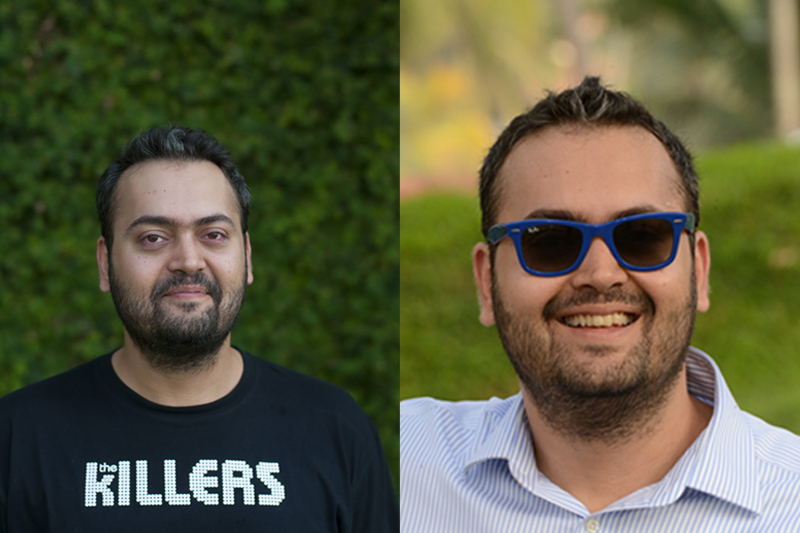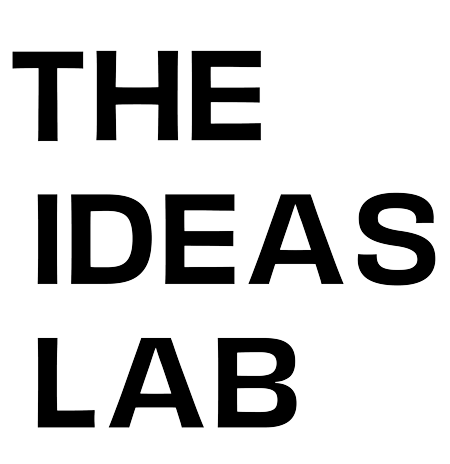
Restaurant Week or Chef’s Table Week, a food enthusiast or not, the charm of these curated festivals is hard to resist. We bring to you Mangal Dalal, Cellar Door co-founder and the gent behind India’s escalating culinary excursions. With fellow founder, Nachiket Shetye, he has successfully created a cult following for extravagant meals at a fraction of à la carte prices.
Cellar Door is returning to the capital city on July 12 with their topcat property, Chef’s Table Week, and they have an ace line-up ready to woo Delhiites with their magie culinaire once again. Armed with an education in Computing (Bachelors in Computer Engineering from Imperial College London), he worked in the big bad world of finance and soon the food bug bit him. A few dining experiences at Noma to working in its kitchen, Dalal has always channelled utmost ardour for food. However the life behind the kitchen counter wasn’t meant for him (and India’s F&B industry is lucky for it). From cooking to writing to now running a company creating F&B experiences, he has the country under his spell with out-of-the-box culinary concepts. Being the curious cats that we are, we dig deep into the makings of this man with who in his own words has had “quite the ride,” donning multiple hats. #DSSCSecretConversations brings you the lowdown on everything Mangal Dalal.
From working at a software company to your family’s agri-export business to now running Cellar Door. What prompted you to change gears and explore food?
I’ve always taken a keen interest in dining and have been fortunate enough to travel extensively within and outside India and experience some exceptional meals. I worked with my family business full time (and continue to do so part-time), but a chance opportunity to write about food presented itself when a friend of mine quit her role at the Indian Express. The then Features Editor in Mumbai, Namrata Zakaria, was extremely supportive and nurturing, and before I knew it, I was a full-fledged food writer!
Is that what inspired you to take up culinary school at Le Cordon Bleu, Paris?
In my role as food writer, there was a mix of features, from interviews with some of the finest chefs to restaurant reviews. Both drove me to wanting to learn more about the way food is sourced, handled, and cooked in depth. Further, I felt I needed more in-depth knowledge to better my critiquing and that’s what led to studying at Le Cordon Bleu. Quite early on, I began appreciating technique versus simply having access to luxe ingredients.
From culinary school to the mighty kitchen at Le Cirque, what was that experience like?
I’m fortunate to have had the chance to work in several kitchens at The Leela Palace, Chanakyapuri, during a three month internship. I started at Garde Manger (the cold prep kitchen), then pastry, butchery, Le Cirque and a few days at Megu. It was challenging yet exhilarating to work with a group of very talented chefs who dealt with some beautiful ingredients from across the globe. There’s so much organisation and prep that goes into every meal, especially at a grand hotel such as The Leela. The working environment was a lot of fun and a massive learning, working with talented young people from all over the country.
You’ve had the fortune of working at Noma, credited of topping the list of ‘Best Restaurants in the World’. How definitive was that experience?
Noma was simply life-changing. I’d never experienced such intensity, energy, a sense of a common purpose and achievement before. I was working with a team who had worked everywhere notable from across the globe, from the French Laundry to Osteria Francescana to Fat Duck and Alinea.
A lot of Chefs get enamoured by the foraging philosophy but frankly the way that team is organised is a marvel – within a few days I felt empowered and responsible enough to point out mistakes and suggest improvements, no matter how senior the Chef. Everyone is constantly pushing everyone else to excel beyond their limits and yet, there was no yelling at all.
What triggered you to quit the kitchen-life and kick-start Restaurant Week?
I think my circumstances didn’t lend well to a life in the kitchen. Firstly, my knees simply couldn’t handle it, I had injured my right knee back in 2008 during a marathon. Second, I was pushing 30 and didn’t know if I could start from the bottom in a profession where skill development is directly dependent on years of practise. Lastly, Nachiket and I were full of ideas about things we wanted to work on, from pop-ups to charity dinners to research based consulting gigs; and that’s what led to Cellar Door. As for Restaurant Week, there was simply a gap in the food scene and at first we wondered why no one else was doing it. When we explored and figured what it would take to pull it off, we did!
As chef, writer, and curator, you understand the dynamics of the food industry in India. How has your perception of the industry evolved over the years?
It’s still a very young industry and that’s both a blessing and a curse. We are always impatient for our food scene to catch up with things happening across the globe, especially since the Internet makes it so easy to see what’s going on elsewhere. But on the bright side, our food scene has been developing in a way best suited to our culture and other local factors – we don’t simply ape trends in other cities.
Personally, however, I wish there would be more focus on cuisine that there currently is; recently both Delhi and Mumbai have been going through an explosion of bars rather than serious dining places.
Cellar Door is known for being ahead of the curve, what’s currently brewing in the office?
The past year has been a time for us to better organise ourselves internally by setting up solid processes. We now have a steady annual calendar of eight large multi-city events along with pop-ups and charity dinners under Food With Benefits. Going forward we want to focus on helping restaurants and hotels conceptualise, execute, and market unique dining events rather than focusing on our own products only.
It’s almost going to be a decade since the inception of Restaurant Week. What has been your biggest learning till date?
Dining is still such a social, physical experience and the internet really hasn’t yet been able to supplant word of mouth and personal recommendations. For us, striking the balance between reaching enough people and reaching the right people is our biggest challenge and we continue to work hard towards that.
With two strong coffees and one sublime conversation down, we start making our bookings for the upcoming Chef’s Table Week. Not only does he gives us his personal recommendations, but also indulges in our trademark DSSC Rapid Fire.
One thing you love about the industry? The one thing you hate?
The vibrancy and sheer excitement people have towards the future. As with any other artistic industry, there’s a lot of egos involved.
One piece of advice for young entrepreneurs starting out in the industry?
It’s not as easy as it seems, but it is an extremely fulfilling industry to be in.
One incident from Noma that stuck with you?
On my first day, I was taught the importance of using both hands in tandem rather than just the predominant one. It’s such a small thing, but so effective.
Top 3 restaurants in Delhi?
Artusi, Indian Accent, and The Big Chill. They’re all consistently good.
Your comfort-food?
Tiramisu.
Your go-to tipple?
Campari and fresh orange juice (ideally blood orange).
It’s your last day on earth-which restaurant will you eat at?
Swati Snacks (Casual dining restaurant with eclectic vegetarian fare in Mumbai).
3 cities that top your vacation bucket list?
Lima, Cape Town and Paris.
Your favourite restaurant from the upcoming Chef’s Table Week?
Masque, because it’s probably the most innovative right now.
A food trend you wish would die yesterday?
Spherification!
This conversation is a part of the DSSC Secret Conversation Series, where we get candid with the ace industry disruptors who map its course one masterstroke at a time.
Disclaimer: The opinions expressed in this feature are those of the interviewee and do not necessarily reflect those of DSSC & its affiliates.

